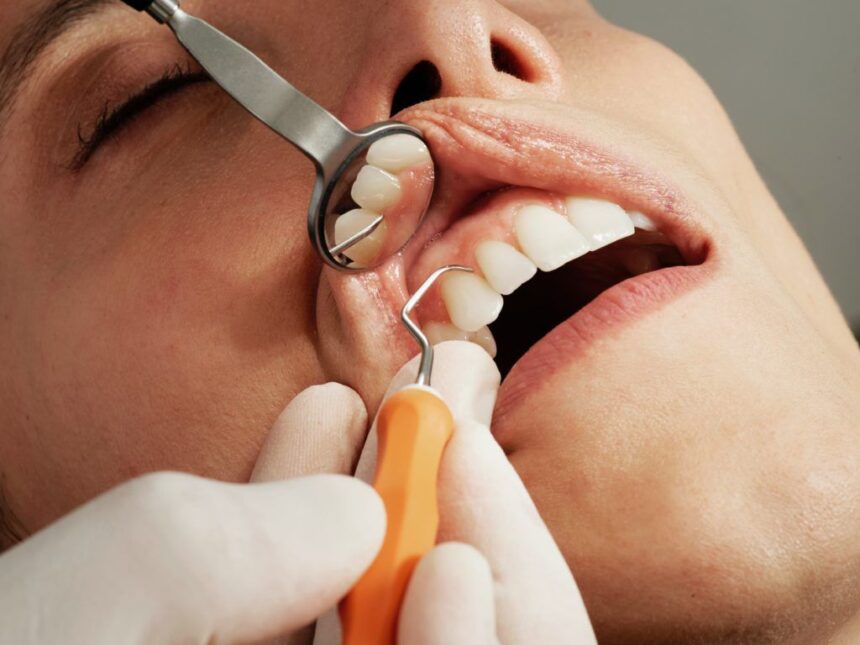Early detection and treatment of gum disease play a major role in maintaining overall dental health, preventing complications, and reducing the need for invasive procedures. Left untreated, this condition can silently progress, potentially leading to severe consequences. Here’s why catching and treating it early is so valuable:
Preventing Tooth Loss
One typical result of untreated gum disease is tooth loss. This condition weakens the tissue and bone that hold teeth in place. Initially, you may notice inflammation or slight bleeding when brushing. Over time, damage to the gum structure can impact stability, potentially leading to tooth movement or even loss. Seeking treatment early protects your gums and ensures they remain strong enough to support your natural teeth for years to come. Strong gums provide a sturdy foundation, reducing the likelihood of needing more serious interventions in the future.
Avoiding Root Canals
When gums become inflamed and bacteria settle below the gumline, it sets the stage for infection. This infection, if untreated, has the potential to reach the roots of your teeth. Once the roots are compromised, a root canal may become necessary to save the tooth. Removing the issue early reduces the chance of infection spreading. Healthy gums act as a barrier that keeps bacteria away from the vulnerable roots of your teeth. Regular dental checkups enable your dentist to detect signs of early-stage gum disease and treat it effectively, thereby sparing you from invasive dental procedures. The following other methods could potentially be avoided:
- Tooth extractions
- Gum surgery
- Dental implants
- Deep cleaning procedures (scaling and root planing)
Minimizing Systemic Problems
Research shows a connection between gum disease and systemic health issues. Conditions like diabetes, heart disease, and even complications in pregnancy are linked to poor oral health. Bacteria in the gums enter the bloodstream, potentially affecting other areas of the body. Treating this condition promptly limits its impact on your overall well-being. Your dental health supports the health of your entire body. By addressing issues early, you not only preserve your smile but also protect your long-term health.
Reducing Invasive Procedures
Advanced gum disease treatments may be more invasive and require longer recovery times, such as gum grafting or surgical cleanings. When this condition is caught in its earliest stages, treatment is typically simple, non-invasive, and effective. Options like professional cleanings and scaling remove bacteria before they cause irreversible damage. Addressing these concerns early saves you time, lowers costs, and avoids the need for lengthy procedures later.
Schedule a Consultation To Treat Gum Disease
Regular dental checkups help identify gum disease early, potentially before symptoms appear. Your dentist can assess your gum health, clean areas that may be prone to bacterial buildup, and recommend steps tailored to your needs. With consistent care and professional monitoring, maintaining healthy gums may become simpler and more achievable. Gum health is a key part of your overall dental well-being. Addressing issues early is the most effective way to avoid unnecessary discomfort, prevent long-term damage, and protect your smile and overall health. If it’s been a while since your last visit, reach out to your dentist today to schedule a consultation.









